The latest earth, climate, and environmental science news from across Columbia.

Data science has opened many promising avenues to address climate change, but the data centers that power it are energy-hungry.

Membership in the academy is considered one of the highest honors a scientist can receive.
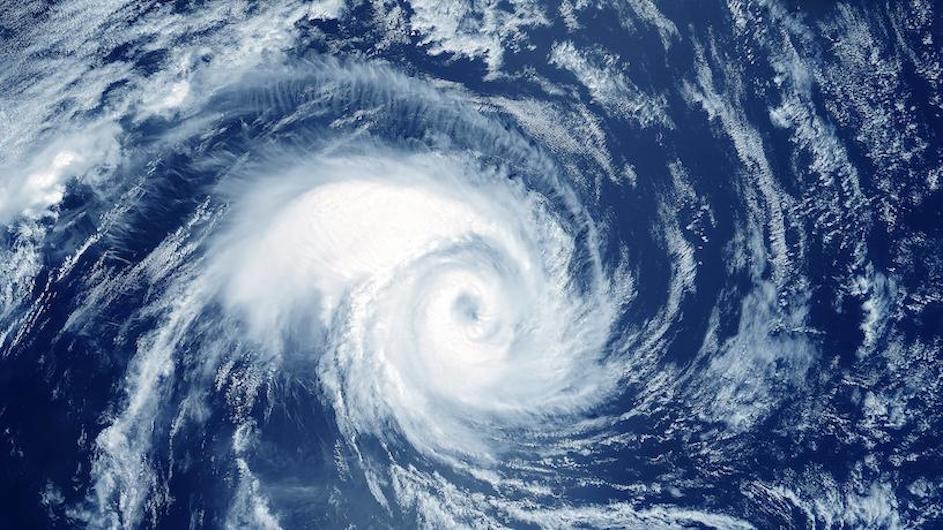
A new database offers communities, leaders, and researchers unprecedented access to climate data and cutting-edge models.
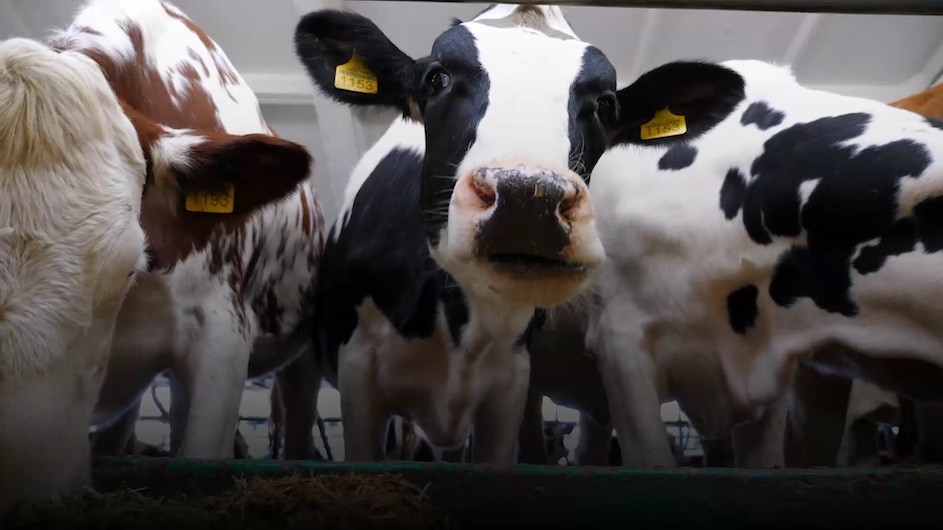
Columbia environmental scientist Catherine Ivanovich wants us to understand the impacts of the food we eat.
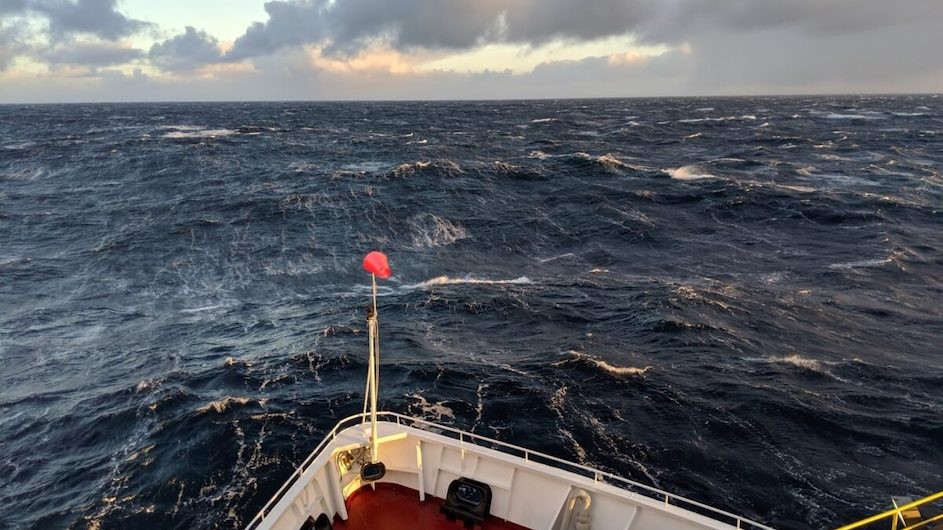
A new study suggests that the Antarctic Circumpolar Current will continue to speed up, hastening ice loss.
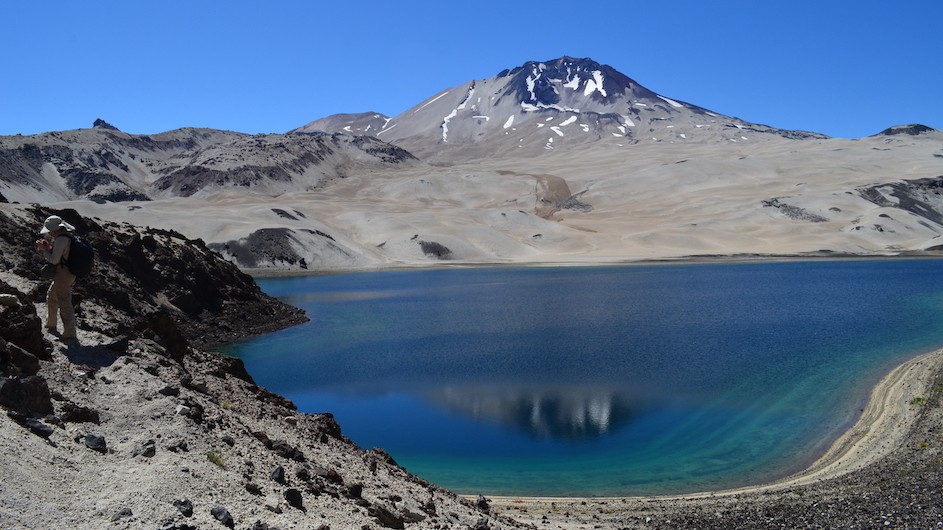
New research shows that even the most powerful blasts won't result in a so-called volcanic winter.
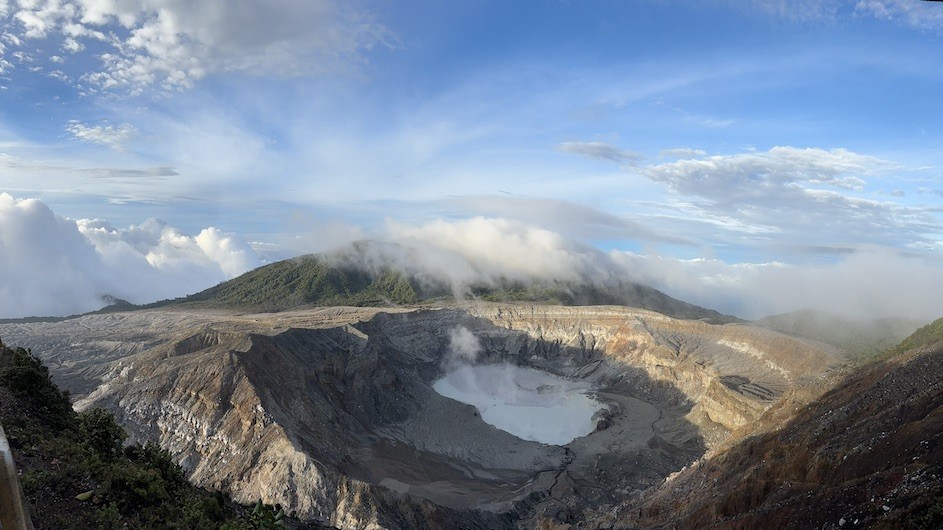
In Costa Rica, Climate School scientists are installing geophysical instruments that can monitor the underground in real time.

A book gathers experts and scholars to investigate how this decline is playing out during the climate crisis.
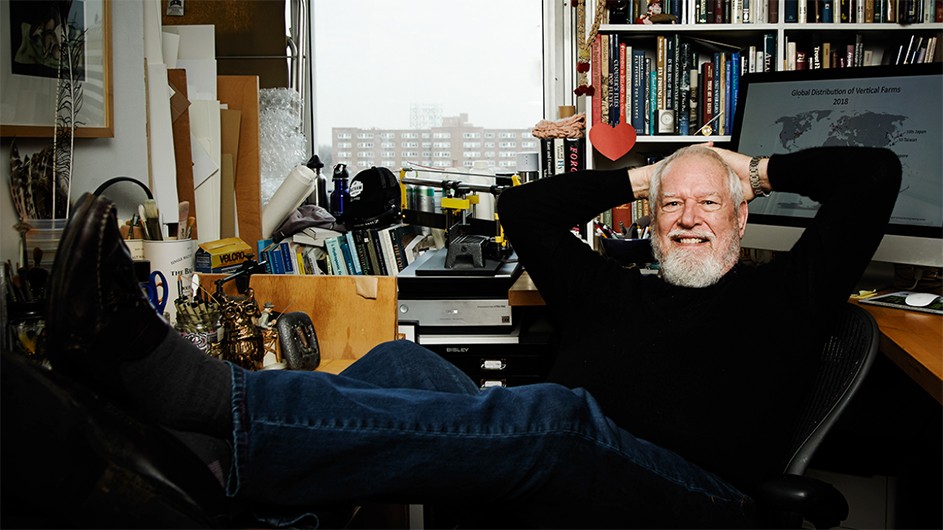
By replicating successful strategies found in nature, as Dickson Despommier outlines in his new book.
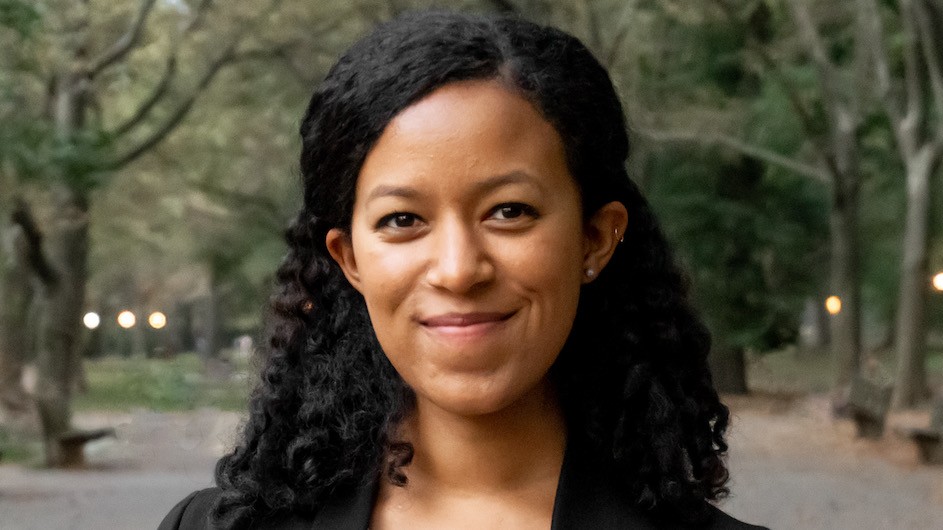
Kailani Acosta is curating an exhibition that explores how geology, history, and culture intersect and influence each other.
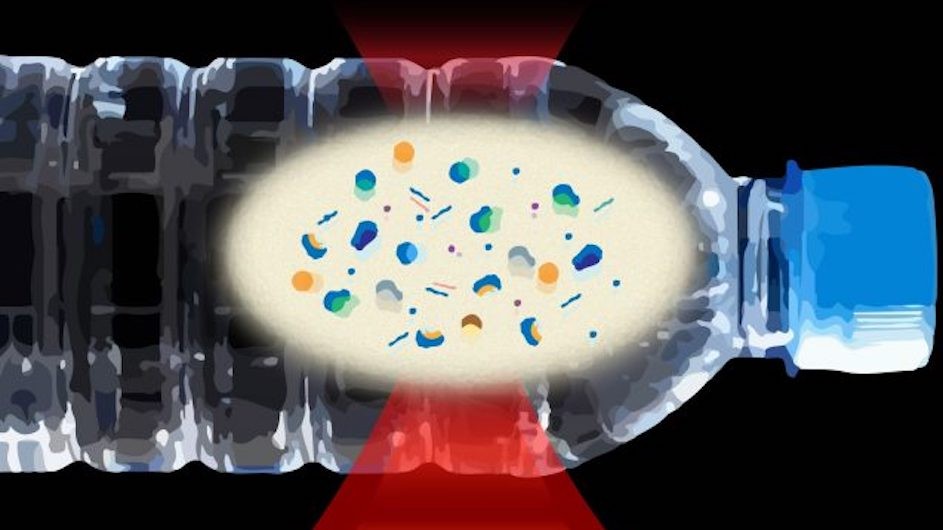
A new research technique zeroes in on the little-explored world of nanoplastics, which can pass into blood, cells, and the brain.
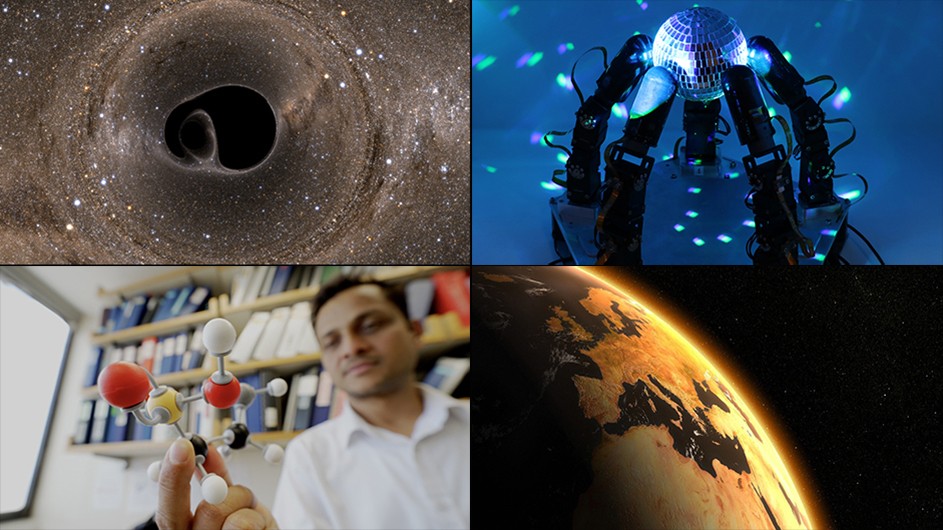
The University put out major studies in climate science, public health, neuroscience, and quantum mechanics this year.